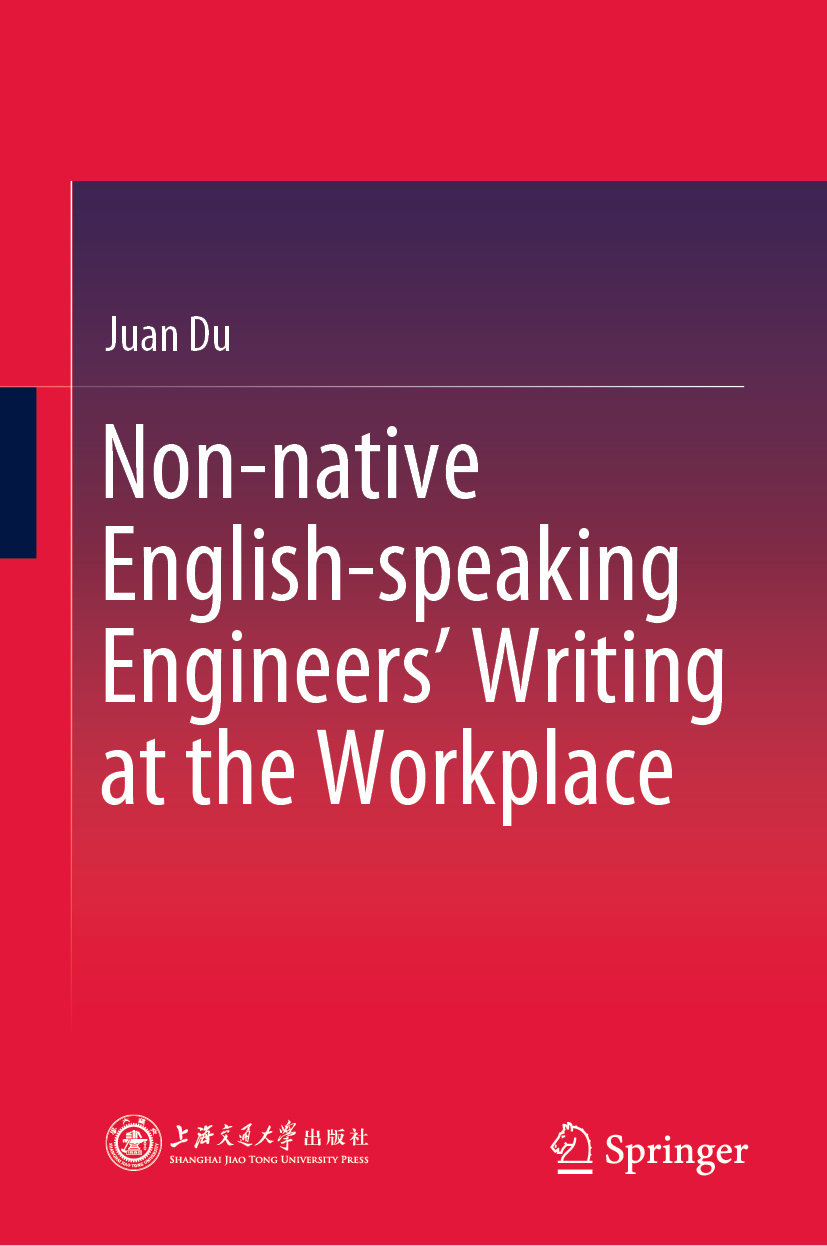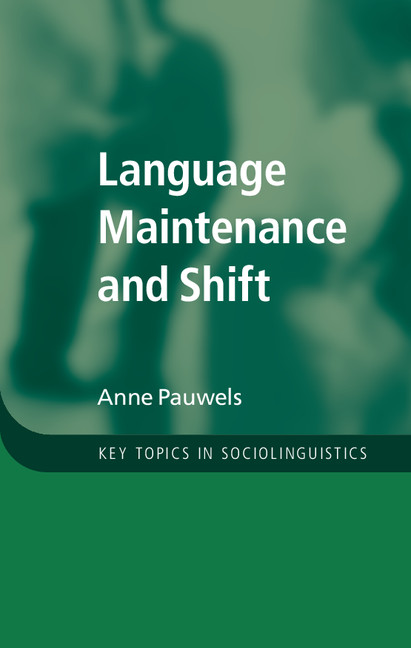Non-native English-speaking Engineersâ Writing at the Workplace
Non-native English-speaking Engineersâ Writing at the Workplace
Based on 55 semi-structured in-depth interviews, this book investigates 15 high-tech engineering co-op professionals’ writing experience in the workplace. It shows how the digital age has had a marked impact on the engineers’ methods of c...
Read more
Based on 55 semi-structured in-depth interviews, this book investigates 15 high-tech engineering co-op professionals’ writing experience in the workplace. It shows how the digital age has had a marked impact on the engineers’ methods of communication at work, and how on-the -job writing has affected engineers’ technical competence, shaped their professional identities, challenged their views on Chinese and English writing, and hindered their success in the workplace. The book identifies three aspects of writing practice: engineers’ linguistic and literacy challenges, the reasons behind these challenges, and coping strategies, which suggest that engineers are underprepared and lack necessary support in the workplace. Lastly, the study shows that engineers need to engage in technical literacy through on-the-job writing so that they can fully deal with workplace discourse and socialize with diverse professional groups.Since the sample group interviewed in this book is engineers who studied at universities in the United States and have a foot in the world of school and work as well as knowledge of both Eastern and Western cultures, the book appeals to teachers, students, engineers and scientists who are interested in scientific and technological writing. It is also valuable for educators who prepare scientists, engineers, and technical communicators for professional roles, as well as for communication practitioners who work with engineers.
Less












.jpg)














